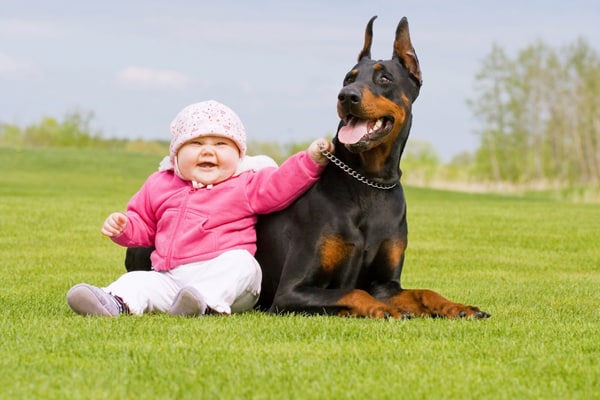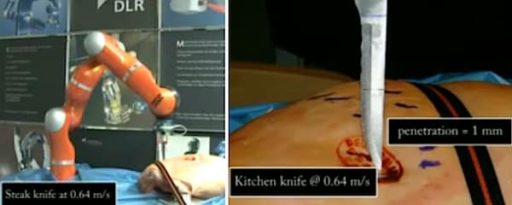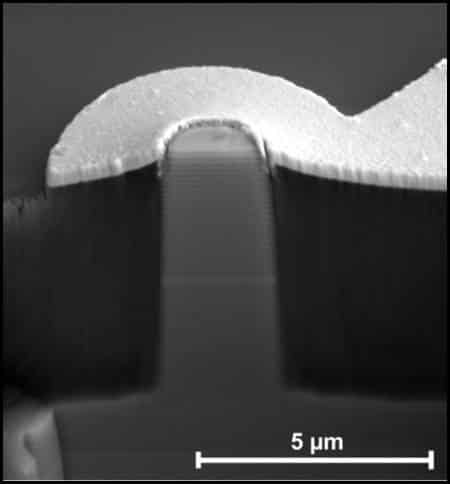Among all the domestic animals, dogs are said to be the most loyal animal to people. Since the time of Charles Darwin, scientists have argued over the origin of domesticated dogs. In simple word, the question was raised how, when and where dogs were first transformed (domesticated) into man’s best friend? Scientists have found their answer as DNA suggests, it is the Europeans who first domesticated dogs.
There was a long debate on the origin of domesticated dogs. In 2010, a study was published in a journal Nature which suggested that domestication events for dogs most likely occurred in the Middle East. The next year, another Heredity study was published in Nature where it was mentioned that domestic dogs were originated in Southeast Asia. So the debate kept going without reaching to an ubiquitous decision.
But later scientists realized that analyzing DNA of dogs may give the exact answer. So a team of scientists led by Olaf Thalmann at Finland’s University of Turku gathered DNA from fossils of 18 ancient wolf-like and dog-like creatures that lived up to 36,000 years ago in Argentina, Belgium, Germany, Russia, Switzerland and the United States. They compared the genetic material to modern samples from 49 wolves from North America, Asia, Europe and the Middle East, 77 dogs of a wide variety of breeds including cocker spaniel, basenji and golden retriever, and four coyotes. The scientists found that genetic sequences from modern dog breeds most closely matched those from both modern and ancient Europe.
The latest study of scientists’ has been published in the journal Science.
Source:Science (Journal)
Thanks To:Huffington Post, Fox News
[ttjad keyword=”ipad”]





